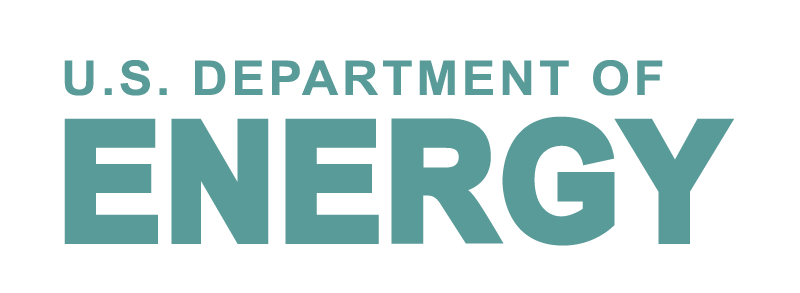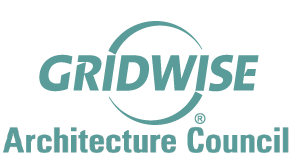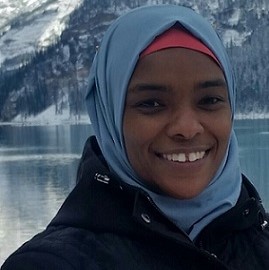Transactive Energy Theory Workshops Call for Participation
Abstract Submission Deadline Oct. 21, 2022
Host: Pacific Northwest National Laboratory (PNNL) for the U.S. DOE Office of Electricity
Moderators: Sarmad Hanif, Electric Engineer, PNNL and Abhishek Somani, Ph.D., Economist, PNNL
TE Project Manager, Hayden Reeve, Advisor, PNNL
Workshop Topics, Dates, and Times
Workshop 1: Theory of Designing Customer Incentives under Changing Power System Paradigm
10:00a – 12:15p Pacific Time
Tues. Dec. 6, 2022
Workshop 2: Extracting DER Flexibility through Innovative Control and Economic Principles:
10:00a – 12:15p Pacific Time
Wed. Dec. 7, 2022
Workshop 2: Extracting DER Flexibility through Innovative Control and Economic Principles:
1:00p – 2:45p Pacific Time
Wed. Dec. 7, 2022
Presentation Format: 10-to-15-minute scheduled presentations, and moderated discussion.
Invited content: Theoretical treatment of transactive systems applicable to electrical energy systems.
Location: Virtual MS Teams meeting. Registrants will receive an invitation to the virtual workshops.
Attendee Registration: There is no fee. Request to attend by emailing your name, affiliation, and the workshop(s) you plan to attend to Susan.McGuire@pnnl.gov with “TE Theory Workshop Attendee Registration” in the subject line. The number of attendees may be limited. Deadline for attendee registration Friday, Dec. 2, 2022
Presenter Registration: There is no fee. Offer to present by emailing your brief abstract, name, and affiliation to Susan.McGuire@pnnl.gov with “TE Theory Workshop Presenter Request” in the subject line. Please indicate in which of the two workshops the presentation material belongs. Invited presentations will be chosen from among the abstracts received.
Important Dates for Presenters
| Sept. 13 | Workshop call for participation announced |
| Sept. 30 | Interested Presenters send an email to indicate your intent to present to Susan.McGuire@pnnl.gov (1 or 2 presenters per abstract) |
| Oct. 21 | Presenters submit presentation abstract via email (250 Words) Submit to (Susan.McGuire@pnnl.gov) |
| Oct. 31 | Presenters notified of accepted presentations by email. |
| Nov. 28 | [updated] Registrants and Presenters receive final workshop agenda by email |
| Dec. 6 | Workshop 1: Theory of Designing Customer Incentives under Changing Power System Paradigm |
| Dec. 7 | Workshop 2: Extracting DER Flexibility through Innovative Control and Economic Principles |
2022 Transactive Energy Theory Workshop
Transactive Energy Theory Workshop invites presentations on the following areas:
Workshop Area 1: Theory of Designing Customer Incentives under Changing Power System Paradigm:
The question of monetary incentives for consumers participating in a Transactive Energy System is central to its success. This is a challenging task, exacerbated by the fact that power systems are faced with new challenges. This workshop topic will explore different avenues which impact monetary and non-monetary value streams of the involved participants in Transactive Energy Systems. This workshop area invites presentations on the topics of addressing the changing human behavior and power system conditions as well as innovative metrics designed to support the development of the rate-design. Special importance will be given to the topics which focus on the underlying theory of human behavior while addressing equity, resilience, and climate change concerns while developing an efficient rate-design.
Workshop Area 2: Extracting DER Flexibility through Innovative Control and Economic Principles:
A central task of the Transactive Energy System is to coordinate its participant to provide flexibility to the power grid, which can be utilized to alleviate issues (e.g., congestion). This workshop area is focused on exploring techniques from control and economic theory which can help design a systematic procedure for modeling, coordinating, and measuring power system flexibility. This workshop area invites presentations on the 1) modeling and prediction of flexibility, 2) coordination of flexibility and 3) metrics to support theoretically available flexibility in the system. The emphasis of the workshop area would be on fundamental control and economic theory principles which help address quantifying flexibility in the system.



